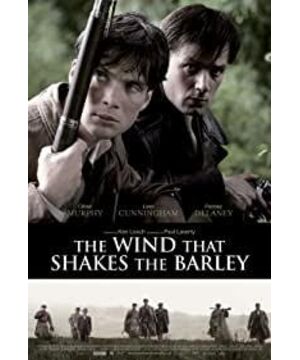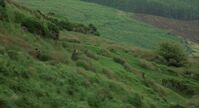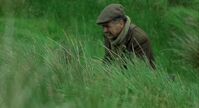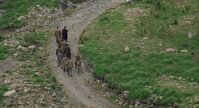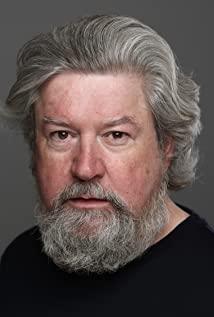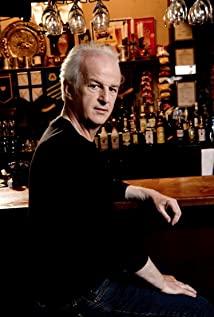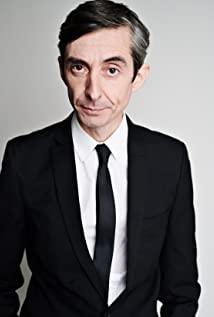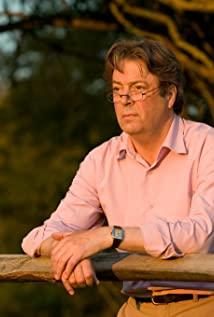Nationalism, an extremely sensitive and complex topic. In this era of fierce multicultural conflict and increasingly prominent identity politics, strong national identity often leads to profound hostility and even violence towards "non-self races." So, in a war of national independence, to what extent is violence justified? From self-defense, to revenge, to terrorist attacks, how are the boundaries drawn? If the target of the violence is compatriots of the same race, how will it gain legitimacy?
The farm boy Chris revealed the whereabouts of the members of the Republican Army under the intimidation of the British farmer, and his superiors ordered the traitor to be executed. Damien pushed the bullet into the barrel and said to Dan, I have studied anatomy for five years, and now I am going to shoot the bullet into the heart of my childhood partner. I hope this Ireland we are fighting for is worth it. The wind blew the wheat waves, made a rustling sound, and the sky was gloomy. I foresee a greater tragedy to come.
In December 1921, Britain and Ireland signed an armistice agreement. The Irish Free State was established, but it still swears allegiance to the British royal family, and still cannot be politically equal to Great Britain. Damien and his partners firmly believe that the revolution has not yet succeeded. Even though the national flag has changed colors, the vast numbers of peasants in poverty have gained nothing, and true freedom is still at hand. The older brother Teddy became the backbone of the free state. The new regime is undoubtedly a conspiracy of military forces and property owners, and of course the support of the Catholic Church is indispensable. The brothers turned against each other, and Teddy ordered his brother to be executed.
One can imagine how fiercely British right-wing critics would criticize this film. Stephen Howe, an expert on Irish history at the University of Bristol, believes that the film lacks historical authenticity. "Although the British atrocities described in the film do occur, they are far from common. Moreover, the Irish Republican Army is far from what is described in the film. That kind of gentleness." "Although most of the facts in the film have historical basis, the performance techniques are very biased." The director Ken Roach claimed in his acceptance speech at the Cannes Film Festival, "Once we dare to tell the truth of history, we dare to tell the truth of the moment." I don't know much about Irish history, and I can only make up for it after watching the movie, so I don't dare to make rash assertions. But there are two points. History should never and cannot have only one version, and any narrative implies the position of the narrator. The reason is simple. Compare the reports on the war in Iraq by CNN and Al Jazeera. Secondly, compared to the Hollywood narrative like "Brave Heart", I believe "The Wind Blows the Wheat Wave" is a more "real" and sincere narrative. Wallace, played by Mel Gibson, did his best to shout "freedom" before his execution! What a simple and clear world, what a glorious heroism! But Dan said to Damien: "It's easy for you to know what you are against, but you may not know what you hope for." After trading your life for freedom, what kind of Ireland is worth building?
View more about The Wind that Shakes the Barley reviews


